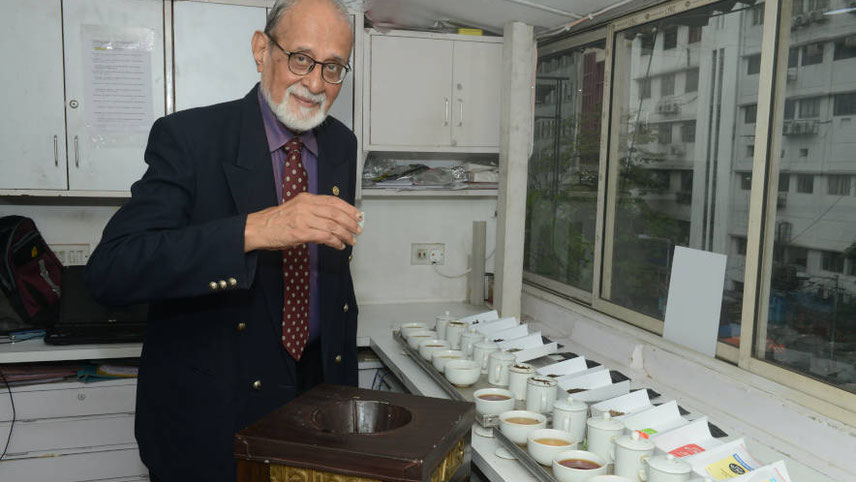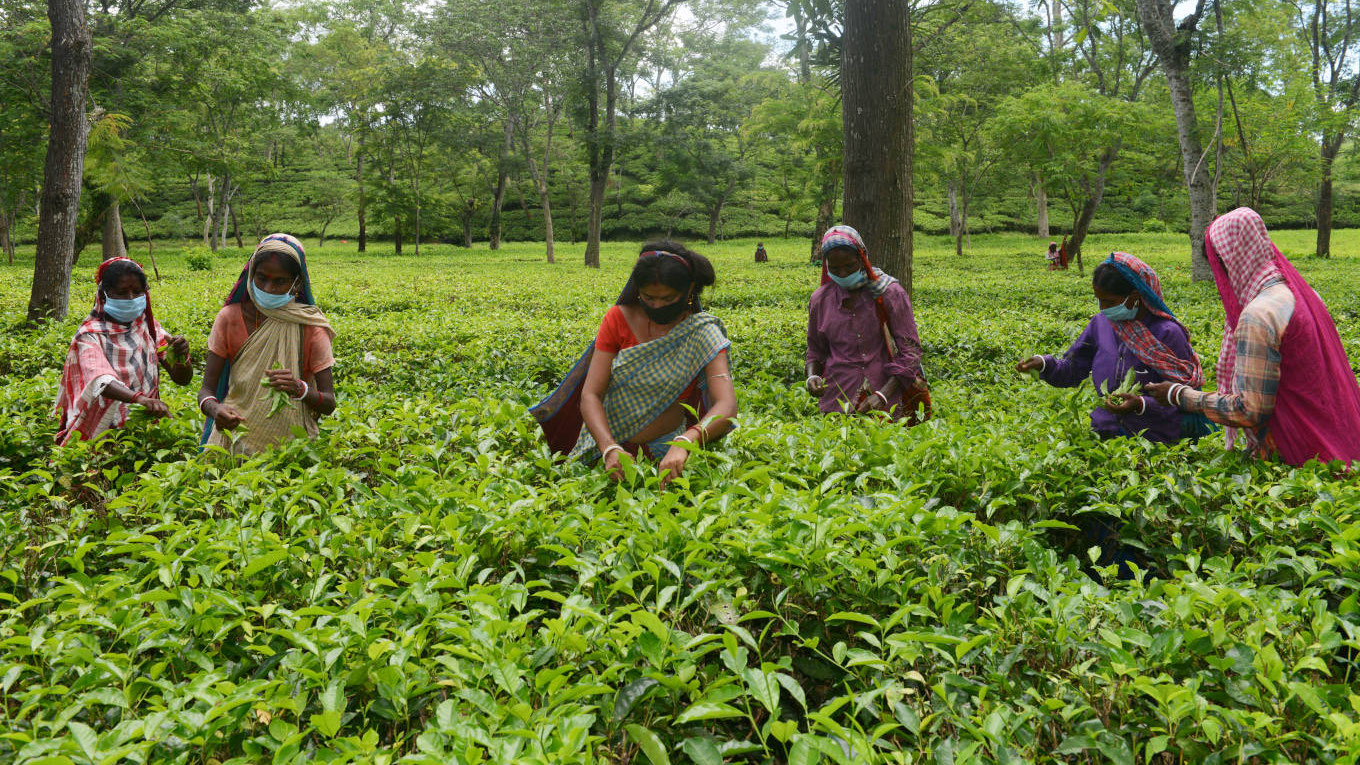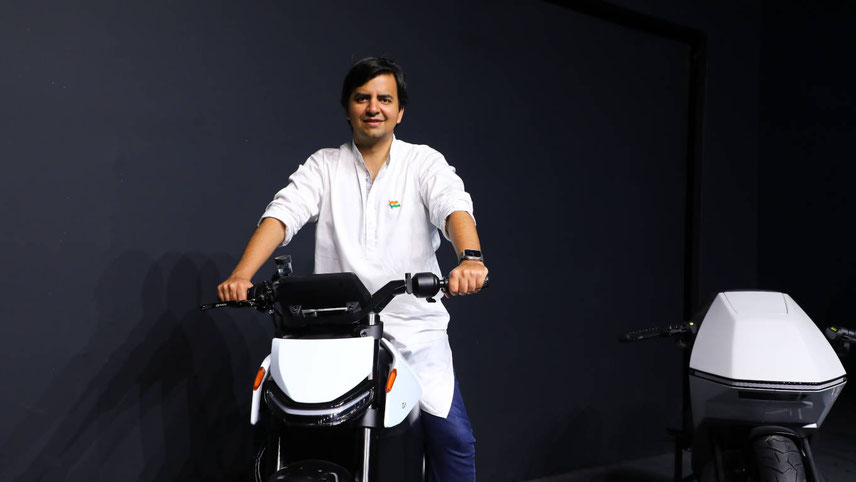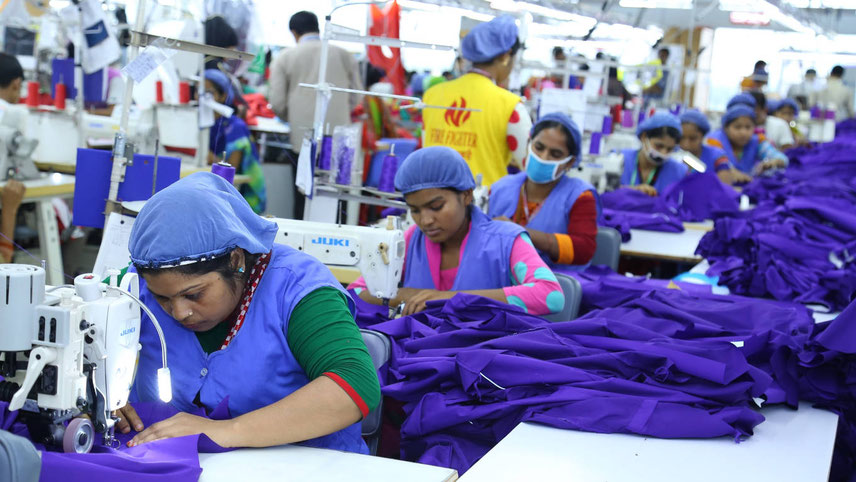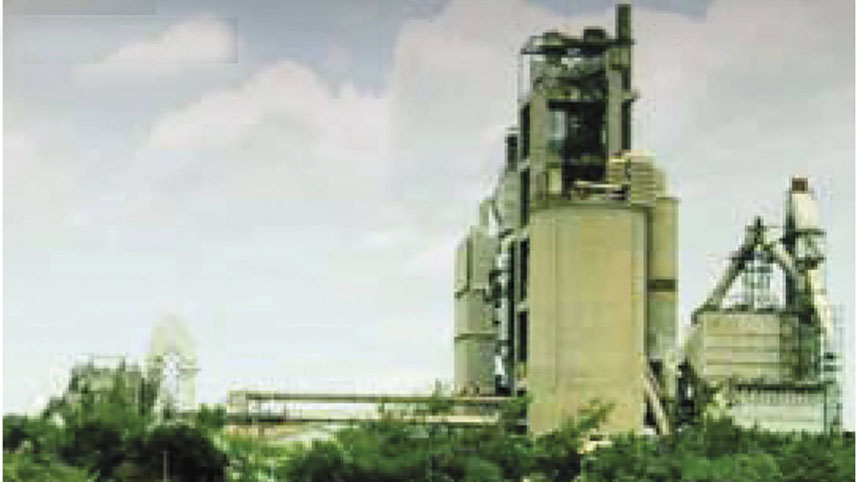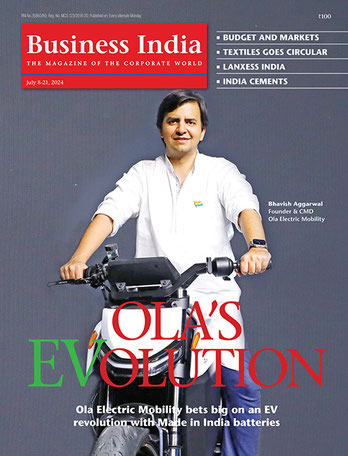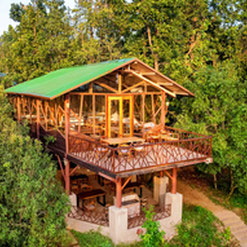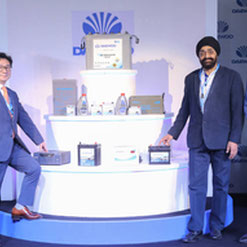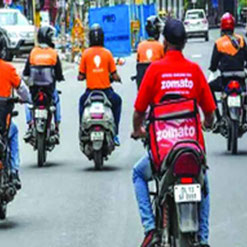The Indian tea industry has grown and changed in manifold ways over the years. It is now faced with many challenges due to climate change, declining soil fertility, the old age of plantations and stagnation of yield level. However, there are also a few gardens that have developed the knowledge to defeat all odds. They devotedly plough back a share of their profits to nurture the bushes, and educate their workforces to adopt best practices to produce a consistent quality of tea. This has helped these gardens fetch premium prices for their teas. Ketan Patel’s Jalinga is one such breed of tea estate, benchmarked as an exporter of consistent premium quality organic, orthodox, CTC, green tea, white tea and oolong tea. The garden has been steadily selling its organic tea at a high price in the export market and has even relegated some large players to the background. “Jalinga tea estate is the only CO2-neutral certified tea estate in the world and the single largest sustainable organic tea estate in India,” claims Ketan Patel, director, Jalinga Tea Co. The CO2 neutral certificate, awarded by Soil & More of the Netherlands, was for Jalinga’s focus on adapting to changing climate conditions and actively contributing towards protecting the climate. The company has also been given certificates by Lacon, Germany; Fairtrade US; Rainforest Alliance; JAS; and FSSC, for its achievements as an organic tea producer. “These certifications are a great platform; they raise the bar and help us achieve 25 per cent premium on our teas,” adds Patel. Abhishekh Bagaria, director, Bagaria group, which owns Bhubrighat Tea Estate in Cachar and also produces organic tea, is all praise about Jalinga Tea. “It is a trendsetter in Cachar. The company was the first tea garden in Cachar to go organic. It is a quality tea exporter and has a good marketing strategy.” India produces about 10 million kg of organic tea, of which Darjeeling’s share is 80-85 per cent, with the rest from Assam. Jalinga Tea Estate is nestled in the mountains, cocooned in the valley of South Assam. Remote parts of the estate are inaccessible to four-wheelers. The environment, being so well protected naturally, boasts of large species of flora that attracts birds and butterflies rarely seen elsewhere. This organic estate, spread across 1,100 hectares, has a factory, nursery, dispensary and labour lines, to accommodate 1,500 workers and their families. Jalinga produces 800,000 kg of quality organic tea per annum. Adding quality to tea The organic way – nurturing tea bushes without using chemical and pesticides – makes all the difference to Jalinga. The workers in the garden and factory are trained to religiously follow the sustainable method to produce organic tea. “We have also undertaken regular replanting and rejuvenation of the tea bushes to fill the vacancies,” says Pran Pratim Dutta, senior manager, Jalinga. The factory meticulously adheres to rules, adding to the quality of the tea. Nobody is allowed to enter the factory without mask and shoe cover. However, the processing unit needs to improve further. “Jalinga has created a valuable name in the supply of organic tea globally,” says Arun Narain Singh, founder trustee, Tea Vision Trust & former managing director, Goodricke. “Its products come from Cachar, which is known as the most difficult area for growing tea in Assam. The management needs to be complimented for integrating organic practices with home-grown inputs for a sustainable growth.” But Singh has a word of caution too for the company – the garden needs to carry out regular planting and replacement programmes and also involve workers in adopting organic habits, if it wants to sustain the quality of its produce.
-
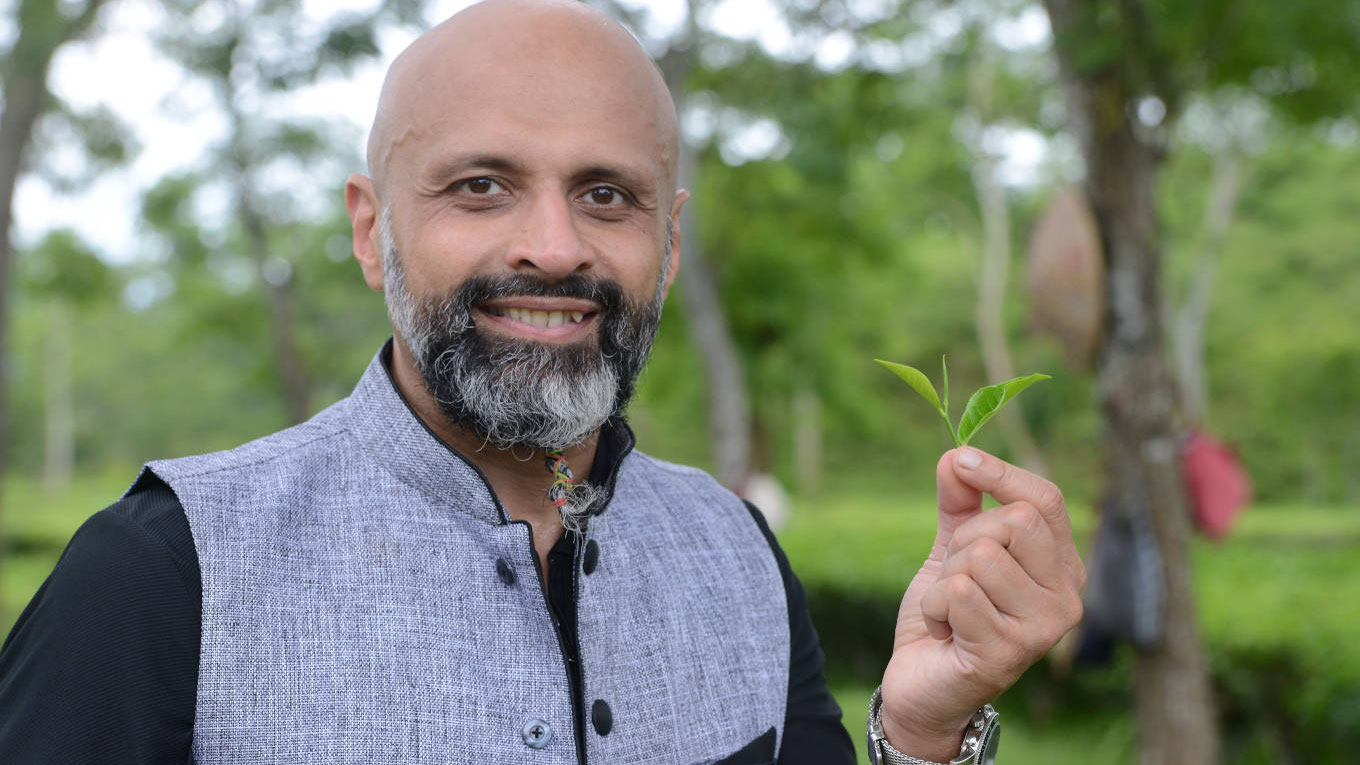
Ketan: commanding a premium for his tea; Photos: Sajal Bose









